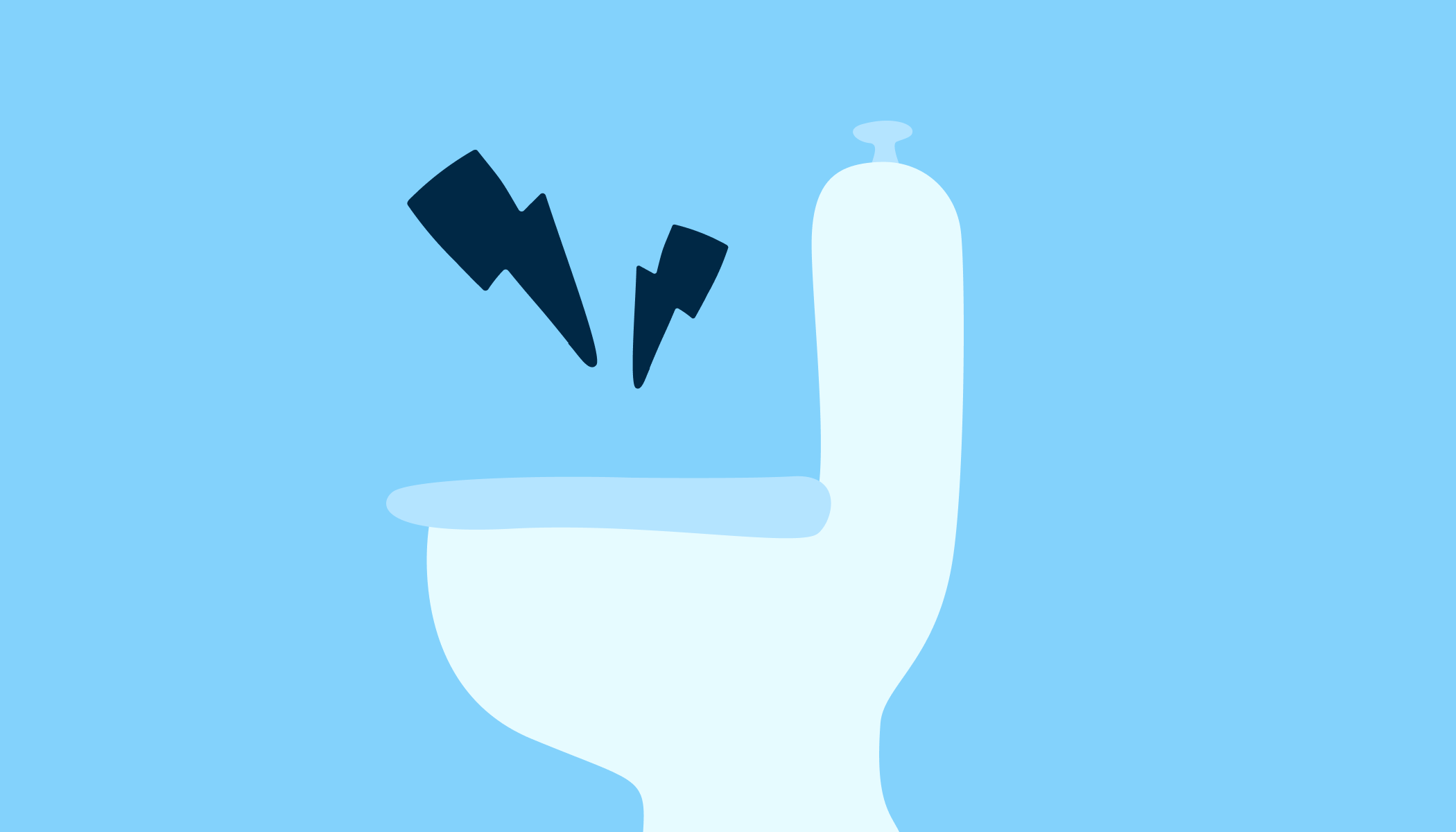
Constipation, a widespread digestive concern, stems from various factors impacting normal bowel function. This article delves into the causes of constipation and provides valuable insights from Dr. Sudeep Khanna, a senior consultant and gastroenterologist at Indraprastha Apollo Hospitals in Delhi.
Unveiling the Culprits: Fiber Intake and Dehydration
Fiber Deficiency: A predominant cause of constipation is insufficient dietary fiber intake, reducing stool bulk and impeding smooth transit through the intestines. Dr. Sudeep emphasizes the importance of adequate fiber consumption for maintaining optimal bowel function.
Hydration Matters: Dehydration is another significant factor contributing to constipation. Water plays a crucial role in sustaining stool consistency, and a lack of fluid intake can exacerbate the issue. Dr. Sudeep underscores the necessity of staying hydrated to support regular bowel movements.
Lifestyle Factors: The Role of Physical Activity
Sedentary Lifestyle: Sedentary habits and a lack of physical activity can significantly contribute to constipation. These lifestyle factors diminish bowel motility, hindering the smooth passage of stool. Discover how incorporating regular exercise can promote gastrointestinal peristalsis and aid in preventing constipation.
Navigating Neurological Challenges
Impact of Neurological Disorders: Certain neurological disorders disrupt the intricate coordination between the brain and the intestines, leading to constipation. Conditions like Parkinson’s disease and spinal cord injuries can impair nerve signals crucial for proper bowel movements. Dr. Sudeep sheds light on the correlation between neurological issues and constipation.
The Influence of Pharmaceuticals
Pharmacological Agents: Some medications, including opioids and specific anticholinergic drugs, commonly induce constipation as a side effect. These substances interfere with the natural contractility of the intestines, resulting in sluggish bowel movements. Gain insights into how medications impact bowel function and contribute to constipation.
Comprehensive Approaches to Address Constipation
In addressing constipation, Dr. Sudeep advocates for a holistic approach encompassing dietary modifications, lifestyle adjustments, and, if necessary, pharmacological interventions.
Dietary Modifications: Emphasizing increased fiber intake and adequate hydration forms the cornerstone of constipation management. Learn about dietary strategies to promote healthy bowel function.
Lifestyle Adjustments: Incorporating regular physical activity is crucial for fostering healthy bowel habits. Dr. Sudeep highlights the role of an active lifestyle in preventing and alleviating constipation.
Pharmacological Interventions: In cases where conservative measures prove insufficient, pharmacological interventions such as laxatives and prokinetic agents may be employed. Dr. Sudeep provides insights into the judicious use of medications to address constipation effectively.
In conclusion, constipation is a multifaceted issue with various causative factors. Dr. Sudeep Khanna’s expertise sheds light on the root causes and comprehensive strategies to tackle this common gastrointestinal concern. By understanding the nuances of constipation, individuals can proactively adopt lifestyle changes and seek appropriate medical guidance for optimal digestive health.
Frequently Asked Questions (FAQs)
Q1: Can stress contribute to constipation?
A: Yes, stress can indeed impact bowel movements and contribute to constipation. It’s essential to manage stress through relaxation techniques and lifestyle adjustments.
Q2: Are there specific foods known to alleviate constipation?
A: Yes, foods rich in fiber, such as prunes, bran, and certain fruits, can help alleviate constipation by promoting regular bowel movements.
Q3: How much water should I drink to prevent dehydration-related constipation?
A: The general recommendation is to drink at least eight 8-ounce glasses of water per day. However, individual needs may vary, so listen to your body’s signals for hydration.
Q4: Is constipation a chronic condition?
A: Constipation can be either acute or chronic. Acute constipation is often short-term and can be managed with lifestyle changes. Chronic constipation may require a more comprehensive approach, including medical intervention.
Q5: Can I self-manage constipation without medical assistance?
A: For occasional constipation, lifestyle modifications, dietary changes, and staying hydrated may suffice. However, if constipation persists or becomes chronic, it’s advisable to seek medical advice for personalized guidance.




